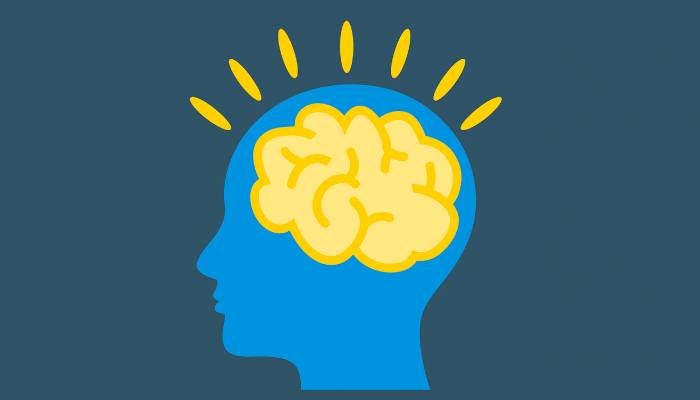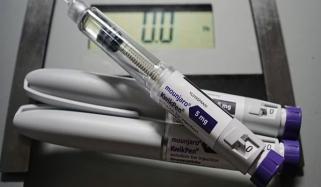
A new study suggests that an everyday kitchen item could play a key role in protecting your memory!
The study, published in a medical journal called Scientific Reports revealed that eating foods high in copper, like potato skins may help the body prevent dementia.
Copper is an important nutrient that also supports several key functions in the body as it is believed to help with growth of babies, the development of brain, keeping the immune system strong and maintaining healthy bones.
In this long-term study, researchers from the Fourth Hospital of Hebei Medical University, China, used data from National Health and Nutrition Examination Survey to study 2,420 American adults.
The researchers wanted to find out how eating copper in daily food affects thinking and memory skills, especially in people who had a stroke in the past.
According to the American Heart Association, "having a stroke may triple someone's risk for developing dementia within the following year."
The participants in the study were monitored for four years and their copper intake from food was measured by averaging what they eat over two separate 24 hours periods.
Researchers found that people who included more copper in their daily diet had better brain function than those who consumed less copper.
This is because copper, which is natural mineral found in small amounts in the body, helps to release iron which is important for carrying oxygen throughout the blood.
This process also helps to protect the brain from memory loss and thinking problem as people gets older.
The NHS advices that adults between 19 and 64 years old should try to get 1.2 milligrams of copper daily in their diet which can be in the form of potatoes, or other foods like wholegrains and beans.
However, the researchers have warned that too much copper can be harmful to the body.












